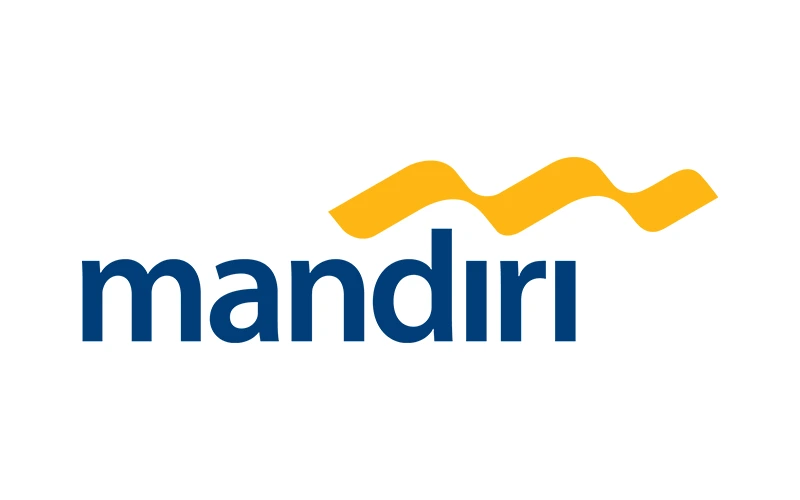
Bank Mandiri Records IDR 2 Trillion in Remittance Transactions for 2024
Bank Mandiri continues to solidify its position as a key financial partner for Indonesian Migrant Workers (PMI) by offering innovative remittance services. By the end of 2024, the bank successfully recorded nearly IDR 2 trillion in incoming remittance transactions, marking a remarkable 60% year-on-year (YoY) increase. This milestone underscores both the growing trust from the Indonesian diaspora and the bank’s commitment to supporting President Prabowo’s Asta Cita number 3, which focuses on fostering inclusive economic growth and community empowerment.
Evi Dempowati, Bank Mandiri’s Senior Vice President of Retail Deposit Product Sales, explained that the strong growth in remittance transactions was driven by the increasing number of PMIs abroad and the bank’s continued innovation in digital services. “Our mission from the outset has been to be the primary financial solution and partner for the community, especially for PMIs both domestically and internationally. This growth motivates us to further enhance our services to meet the diverse needs of our customers,” she said in a statement on January 30, 2024.

To better serve PMI, Bank Mandiri has made its services more accessible by leveraging its Livin’ by Mandiri mobile application. This app enables users to open accounts online and access a wide range of services such as transfers, deposits, bill payments, foreign exchange solutions, and investment options—all at their fingertips. According to Evi, this innovation has contributed significantly to the app’s popularity among PMIs. The number of Livin’ by Mandiri users abroad nearly doubled, reaching 100,000 by the end of 2024.
In addition to its digital offerings, Bank Mandiri’s international network plays a crucial role in facilitating smooth remittance transactions. Through subsidiaries like Mandiri International Remittance in Malaysia, the bank has established a robust presence that handles more than 50% of total incoming remittance transactions. The network also includes representative offices in Hong Kong and partnerships with remittance providers in the United Arab Emirates, Saudi Arabia, and Hong Kong. These international connections ensure that PMI can send and receive funds efficiently and affordably, while also benefiting from low-cost money transfer solutions.
Looking to the future, Bank Mandiri is committed to expanding its international collaborations and utilizing advanced technologies such as Application Programming Interfaces (APIs) to enhance transaction efficiency. By doing so, the bank aims to create a more inclusive financial ecosystem, supporting economic empowerment for the Indonesian diaspora worldwide. “Our goal is to provide every PMI with easy access to reliable banking services so they can better manage their finances and contribute to Indonesia’s economy,” Evi added.
Beyond financial services, Bank Mandiri has introduced the Mandiri Sahabatku program, which focuses on empowering migrant workers through financial literacy and entrepreneurship training. This program is designed to help PMIs effectively manage their income while working abroad and develop entrepreneurial skills to use when they return home. By supporting migrant workers before, during, and after their time abroad, the program ensures that they make the most of their earnings and contribute to local economies as entrepreneurs.
Evi emphasized that this initiative aligns with the Ministry of State-Owned Enterprises’ vision to create a sustainable and inclusive business ecosystem, supporting Indonesia’s ongoing economic transformation. “Through innovative strategies and technology-driven approaches, Bank Mandiri not only optimizes remittance services but also actively contributes to the empowerment of the Indonesian diaspora,” she concluded.
In summary, Mandiri’s continued growth in managing remittances and its focus on technological innovation are transforming the way Indonesian migrant workers manage their finances. By expanding digital services, improving accessibility, and offering financial literacy programs, the bank is not only providing essential financial solutions but also contributing to the economic empowerment of the Indonesian diaspora. As a result, Mandiri is playing a pivotal role in strengthening the financial inclusion of PMIs while supporting Indonesia’s broader economic goals.




